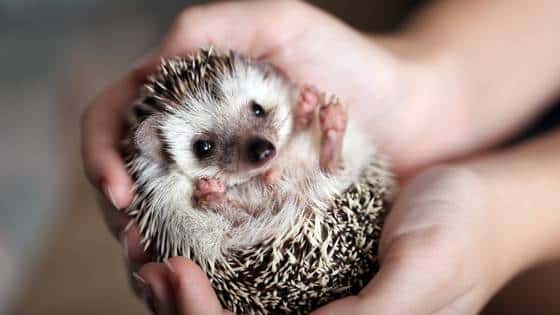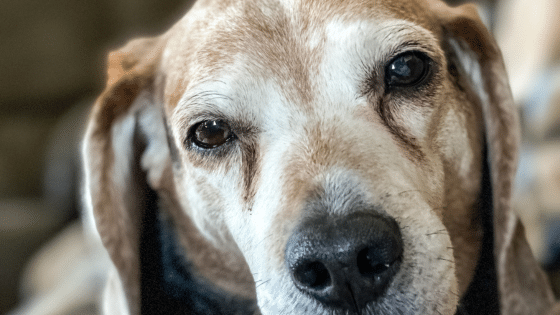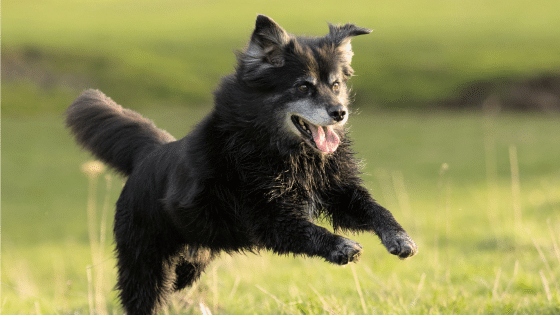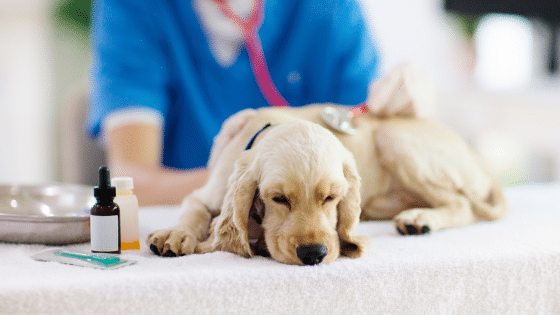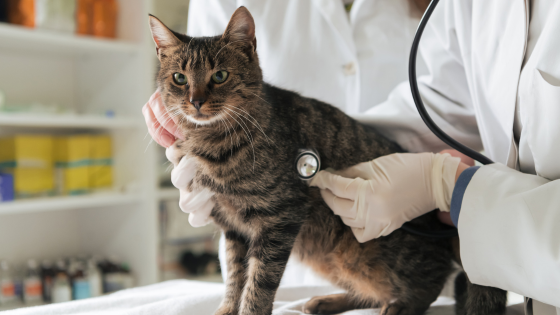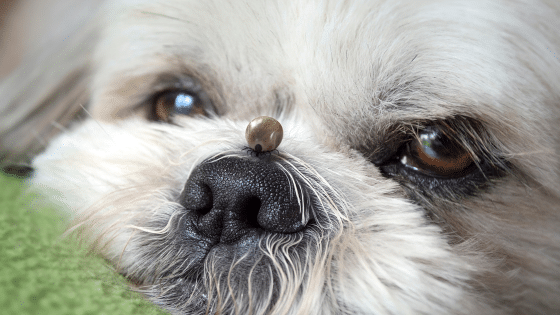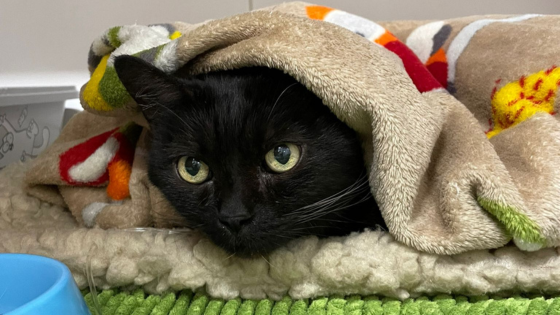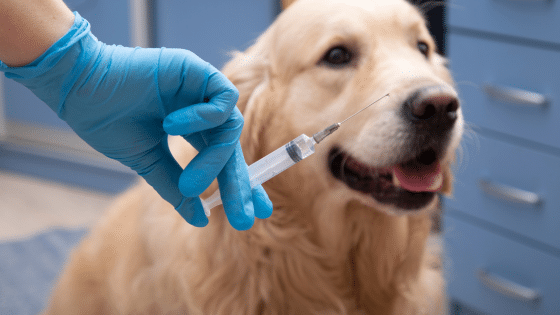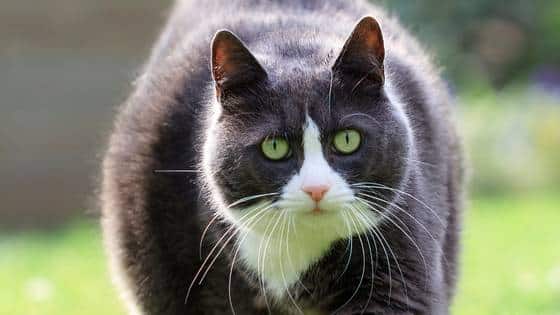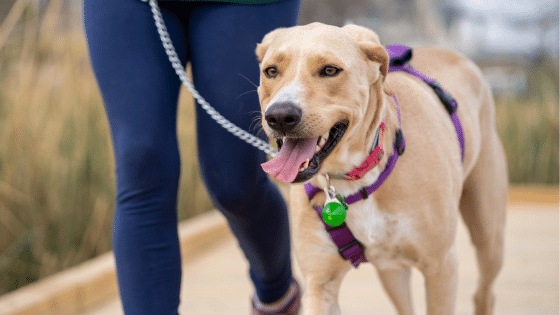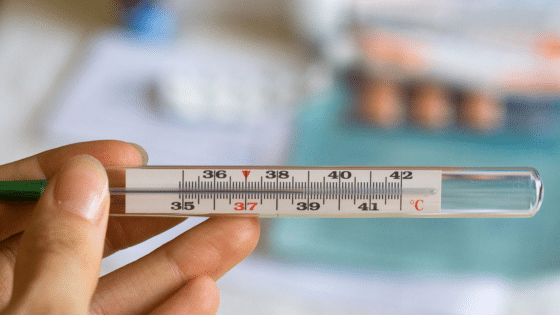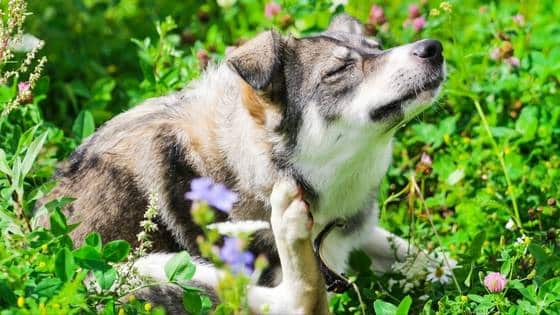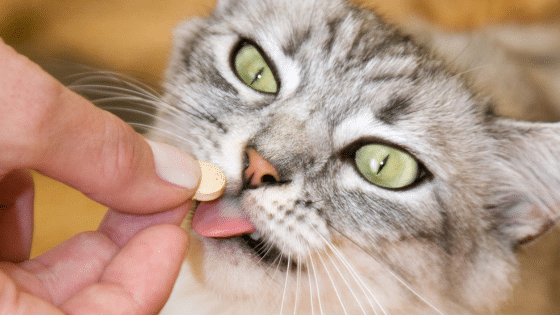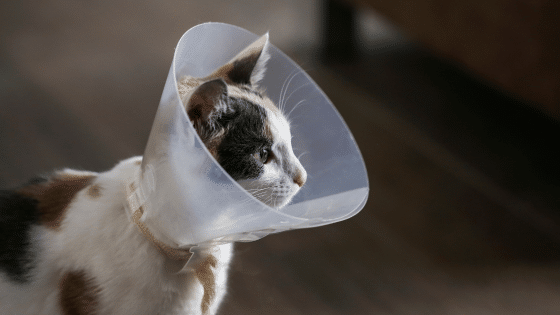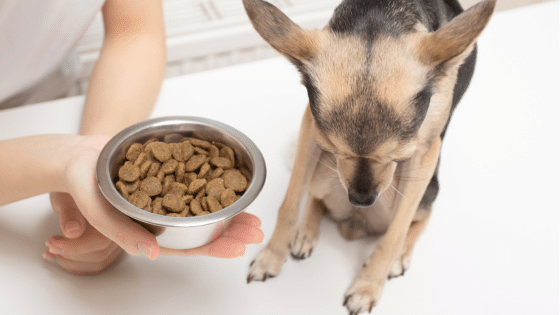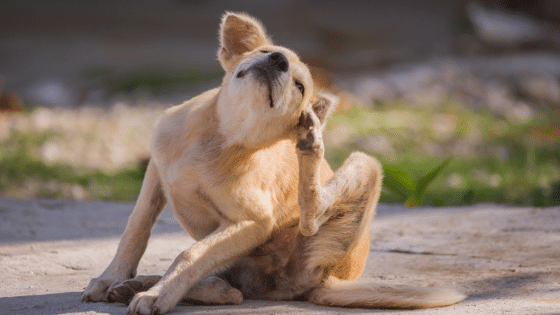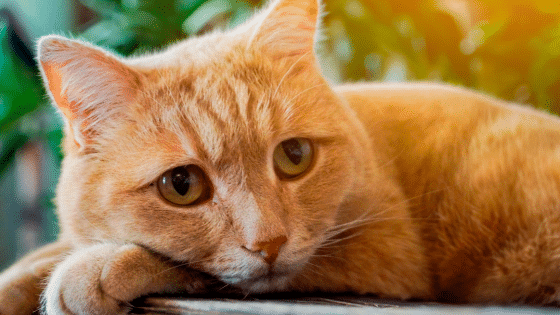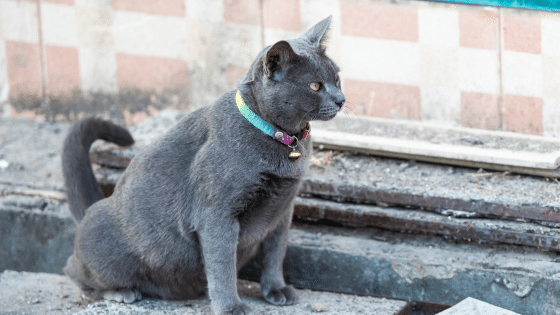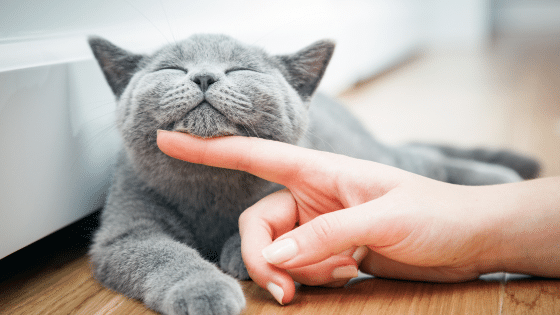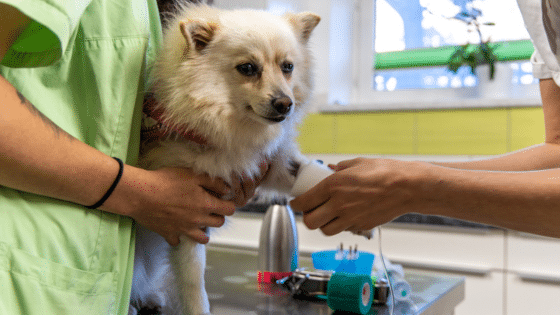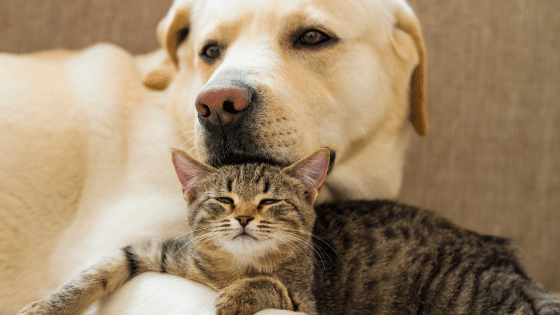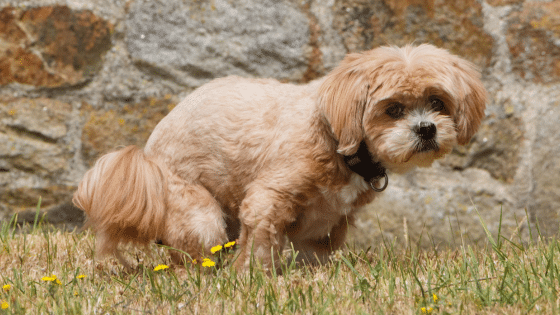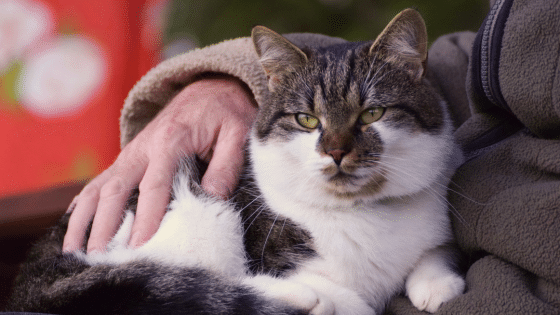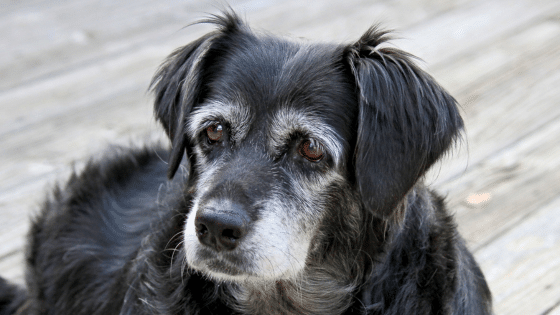Hedgehogs in autumn
Now in autumn the hedgehog prepares for his hibernation. The big meal is announced to have enough reserves for the hibernation.
Spiny hedgehogs are on Austria's red list of endangered species and, like all wild animals, must not be removed from their natural habitat - with the exception of hedgehogs in need of help.
Which hedgehog needs help?
- Injured or sick animals
- Orphaned baby hedgehogs
- hedgehogs born too late (700 g body weight is required for hibernation)
- Hedgehogs still active after the onset of winter (i.e. frost or snow)
Exceptions are disturbed hedgehogs, for example when piles of leaves have been removed, piles of wood have been dismantled or leaves have been churned up by dogs and hedgehog nests destroyed. Then even a healthy animal will look for a new shelter during the day.
How can you help?
A sick animal needs in any case a dry, warm and quiet place - best in an approx. 1 - 2 sqm large escape-proof! box. If the hedgehog feels cold you can put it on a hot water bottle (not too hot!!) wrapped in a towel.
Dog or cat wet food and water can be offered as food. The hedgehogs will also happily eat briefly fried beef mince or scrambled eggs. Please do not give the hedgehog any milk or fruit or vegetables.
The hedgehog should be checked by a vet as soon as possible, especially if the animal is not eating. Usually the animals also suffer from a heavy flea and tick infestation, which should be treated.

